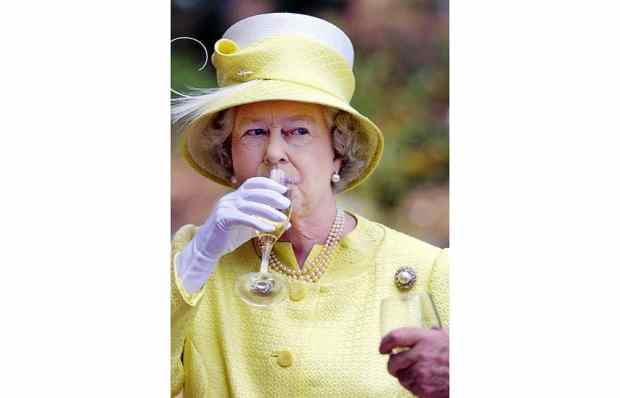Across oceans and continents, less favoured nations produce more history than they can consume. In these islands, the English — as opposed to the Scots and the Irish — merely consume a lot of well-written military history. The other evening, stimulated by a few decent bottles, someone raised a hoary question. If we could have been born in an earlier century — pre-20th — which would we have chosen? What epoch was worthy to compare with the Antonines and those Good Emperors, as praised by Gibbon?
The consensus was that, assuming a strong constitution and plenty of money, the long 19th century in Britain, from the end of the Napoleonic Wars to 1914, would have been as good as any. Of course, we must restrain the roseate glow of retrospect. History is written backwards but lived forwards. At various stages, there were outbreaks of disorder which we tend to dismiss because we know that they never came to much, but which did alarm contemporaries who lacked foreknowledge. Even so, to steal Jack Plumb’s title for his book on 1675-1725, from 1815 onwards there was a growth of political stability in Britain. Disraeli may have sneered at Tory men and Whig measures, but in practice, that was not a bad form of government. Nor was it one which Dizzy himself significantly disrupted when he came to power.
All in all, we can surely agree that for a healthy member of the upperish classes, Victorian Britain was a pleasant place to live. It may have lacked the full douceur de vivre which pre-revolutionary French aristocrats enjoyed, but look how that ended.
So: it would not have been a bad fate to be born around 1815, and participate in the intellectual and cultural excitements of the age as well as in the successes of public life, including the growth of Empire: ‘wider still and wider’. Kipling, albeit the laureate of Empire, might have anticipated Britain’s decline, fearing the day when the fleets would have melted away while ‘All the pomp of yesterday is one with Nineveh and Tyre’. To the chap we are describing, the Royal Navy would have been an eternal verity; Nineveh and Tyre, less a warning of future decline, more a theme for an excursion to the British Museum.
The paradox of Kipling: a man who seemed effortlessly able to reach his fellow countrymen’s hearts and yet was wholly free from that stolid complacency, made possible by the Channel, which is so often an English characteristic. As Oliver Edwards, a college contemporary, told Dr Johnson: ‘I have tried too in my time to be a philosopher but I don’t know how, cheerfulness was always breaking in.’
He also spoke for many of his countrymen, including the fellow from the 1815 vintage, who would have remained cheerful until his decline in 1914. By midsummer, no longer taking an interest in the press, he would have been unaware that in Sarajevo, a man called Princip had murdered an Austrian prince and set in motion events which would threaten a new Dark Age. In consequence, within a few months some of the great-grandsons who carried his coffin to the graveside would have found their own graves, in Flanders. But Victorian England was good while it lasted.
With these ruminations we drank some 2013 Chassagne-Montrachet from Pierre Bourée. A wonderful blend of hay and honey, with a hint of petrol, it was as good as a premier cru. To follow there was a 2010 d’Angludet, which a friend had found among his wife’s shoes — though her name is not Imelda Marcos. We concluded that the resources of civilisation are not exhausted.
Got something to add? Join the discussion and comment below.
Get 10 issues for just $10
Subscribe to The Spectator Australia today for the next 10 magazine issues, plus full online access, for just $10.
You might disagree with half of it, but you’ll enjoy reading all of it. Try your first month for free, then just $2 a week for the remainder of your first year.















Comments
Don't miss out
Join the conversation with other Spectator Australia readers. Subscribe to leave a comment.
SUBSCRIBEAlready a subscriber? Log in